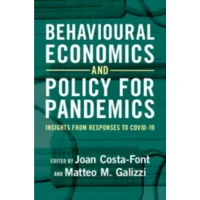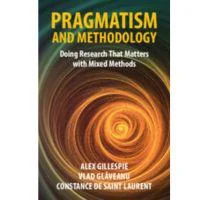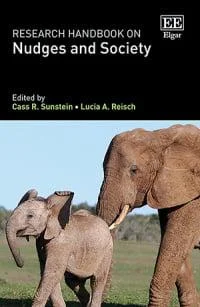Book publications

Books written by experts in the Department of Psychological and Behavioural Science.
Below you can find a selection of some of the key books from experts in the department over the last few years, covering topics across social psychology and behavioural science.
You can also view a full list of publications from the Department of Psychological and Behavioural Science (dating back to 1985) on LSE Research Online.
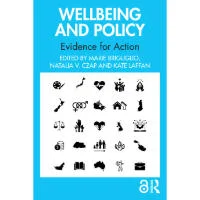
Wellbeing and Policy: Evidence for Action
Edited by Marie Briguglio, Natalia Czap and Kate Laffan
As wellbeing becomes an increasingly explicit policy goal in countries across the world, the demand for evidence upon which to base intervention is growing. Featuring 41 contributing authors from 18 countries, this book surveys and synthesizes recent developments in wellbeing science and policy to highlight key lessons learned and to offer actionable insights for policy-making.

Beliefism: How to stop hating the people we disagree with
By Paul Dolan
We might like to think that we’re tolerant, but many of us struggle to engage with people whose opinions differ strongly from our own-even if they might have something useful to contribute to the debate. That means we’re falling victim to what Paul Dolan defines as Beliefism: discrimination against those with different beliefs to us. In this book, Dolan shows how more tolerance is possible “by design”.
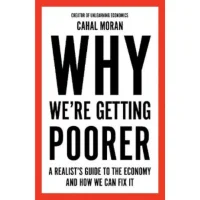
Why We're Getting Poorer
By Cahal Moran
This book delves into the key topics in economics – money, globalisation, inequality, climate change and growth – showing that what we think we know about these things is wrong, and teaching us what we really need to know.
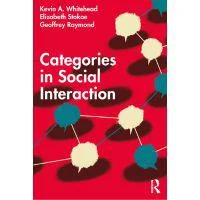
Categories in Social Interaction
By Kevin A. Whitehead, Elizabeth Stokoe and Geoffrey Raymond
This book investigates the situated (re)production of categories, from the most mundane and unremarkable to those most strongly associated with power and privilege. By examining the reciprocal relationships between categorial phenomena and the basic structures and practices of social interaction, the book provides a new framework for integrating conversation analysis and membership categorization analysis.



